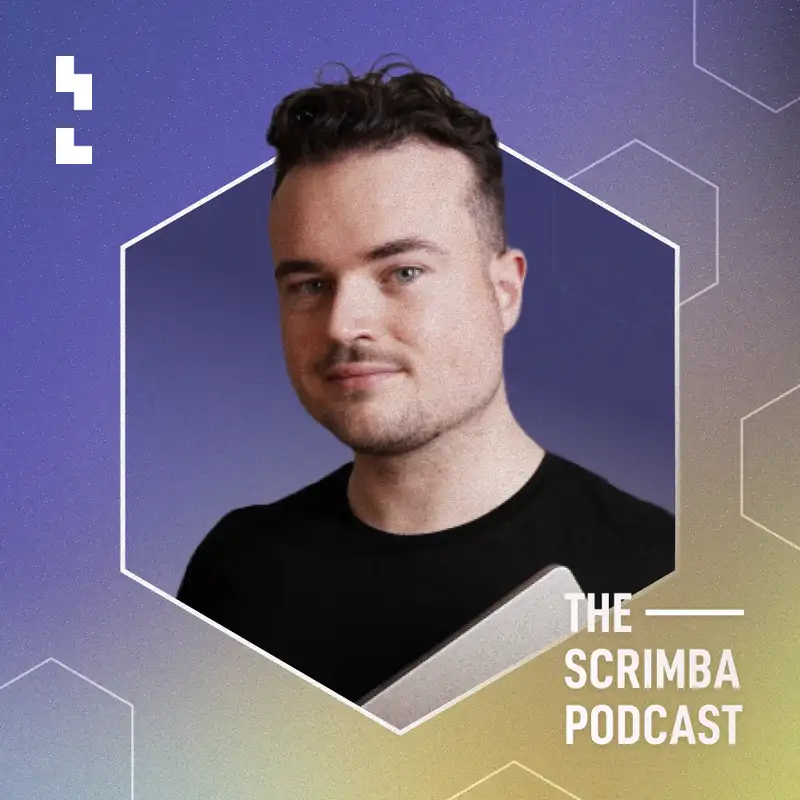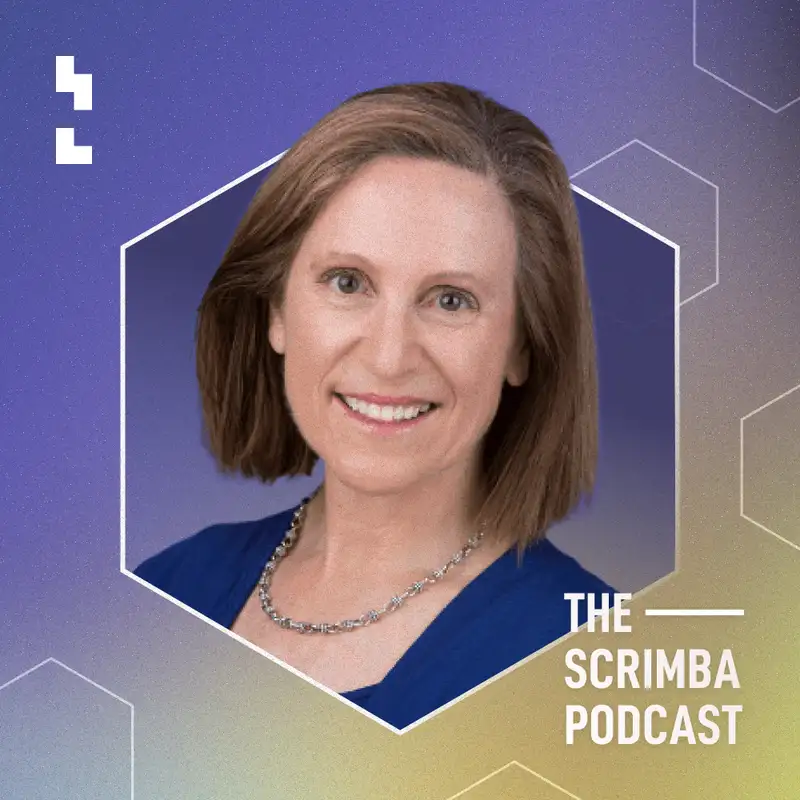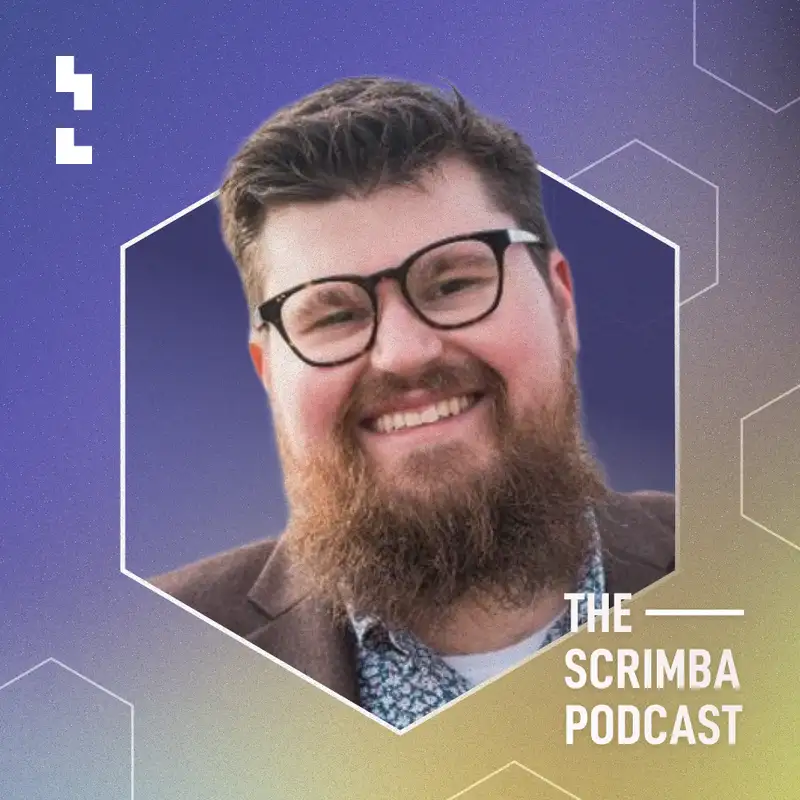Learn from inspiring developers about how they found meaningful and fulfilling work that that also pays them well. On The Scrimba Podcast, you'll hear motivational advice and job-hunting strategies from developers who've been exactly where you are now. We talk to developers about their challenges, learnings, and switching industries in the hopes of inspiring YOU. This is the podcast that provides the inspiration, tools, and roadmaps to move from where you are to work that matters to you and uniquely fits your strengths and talents.
Listen to the Trailer
Latest Episodes
End of Season One, and a Message from Alex Booker
So this is goodbye. But do not unsubscribe!It's the end of what will now be known as Season One of the Scrimba podcast! And Alex Booker is stepping down as its host.Ov...

Why Open Source Can Be the Perfect Place for New Developers – and How to Get Started, with Deb Goodkin from the FreeBSD Foundation
Meet Deb Goodkin! Deb is the Executive Director of the FreeBSD Foundation. The Foundation supports the FreeBSD project and community. FreeBSD is a powerful open-source...

Tangible Benefits: Why AI Is Here to Stay and How New Developers Can Find the Right Balance, with Sam Julien from Writer
Meet Sam Julien 🇺🇸! Sam is a director of Developer Relations at Writer, a teacher, and the author of Getting Started in Developer Relations. He loves helping people le...

Learn to Advocate for Yourself with Developer Advocate Rizel Scarlett
Meet Rizel Scarlett 🇺🇸! Rizel is a Staff Developer Advocate at TBD. She's also a career changer, software engineer, and community builder!Rizel dropped out of psycholo...

Career Progression Decoded: Angie Jones' Expert Tips for Entering the Tech Industry and Forging Your Unique Path
Meet Angie Jones 🇺🇸! Angie is a veteran software developer currently working as a global Developer Relations executive at TBD. Before that, she worked as an automation...

